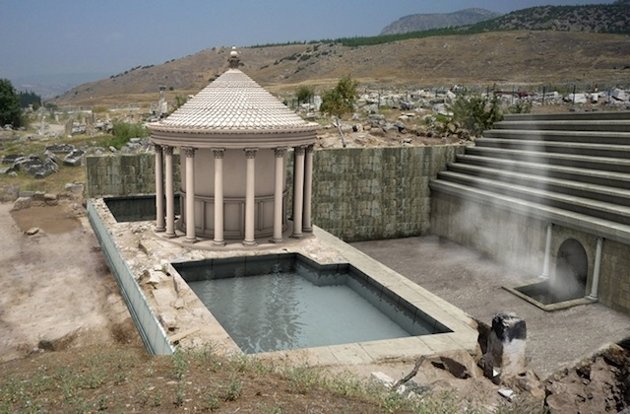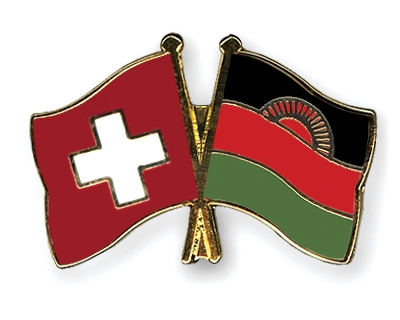
University of Vermont classics professor M.D. Usher has a way of getting caught up in regime-change protests. During a conference in Cairo last month, he was hustled out of Tahrir Square, a site that struck him as “a kind of Occupy Wall Street space.” A year ago, in the middle of a monthlong teaching stint at the University of Malawi, he witnessed the campus erupting in blockades and overturned cars in reaction to the African country’s latest ruler.
“Without exaggeration, I can say that I saw it first,” Usher declares of the latter instance.
He’ll be showing slides from both experiences at a talk he’s giving at UVM this coming Tuesday evening. Entitled “Agamemnon in Africa, Ulysses in Ulaanbaatar: Classics Gone Global,” the talk is one of this year’s two public Dean’s Lectures — a series awarded to accomplished faculty with a knack for communicating their academic research to students and general audiences.
Why is a classics prof talking about the likes of the Arab Spring? Usher believes emerging democracies such as those in Egypt and Malawi could learn much from Greek literature, particularly Aeschylus’ triad of tragedies known as the Oresteia.
Aeschylus wrote Agamemnon, The Libation Bearers and The Eumenides in 458 BC, when “small Athens had just defeated great Persia,” Usher explains. It was the height of Athens’ experiment with democracy, and new ideas of justice and governing were on the rise. Set mostly in a mythical era, the trilogy concerns the case of Orestes, who murders his mother because she murdered his father. Orestes is ultimately tried by a jury of Athenian citizens, who spare him the death sentence. Reason and democratic processes prevail over the old order’s endless cycle of revenge killings.
Usher isn’t the only classical scholar to deem the Oresteia relevant to ongoing struggles to establish democratic states. His talk will address the work of British classicist George Thomson, who developed the first Marxist interpretations of Greek literature. As Usher will show, Thomson’s late-1930s translation of the Aeschylus trilogy inspired filmmaker Pier Paolo Pasolini’s 1970 documentary Notes Toward an African Orestes, filmed in newly postcolonial Africa.
Though Usher will also comment on Greek epic poetry’s fundamental orality and his own encounter with a still-living oral epic tradition in Mongolia, the bulk of his talk will cast the tragedies as touchstones for political struggles around the world.
“The tendency is to see Western literature as insular and imperialist,” Usher observes. “But if you actually look at these texts with fresh eyes, they do speak to emerging democracies. The Greeks invented democracy, more or less, and if democracy is going to be the new paradigm, you need to look back at Greek literature.”




No comments! Be the first commenter?